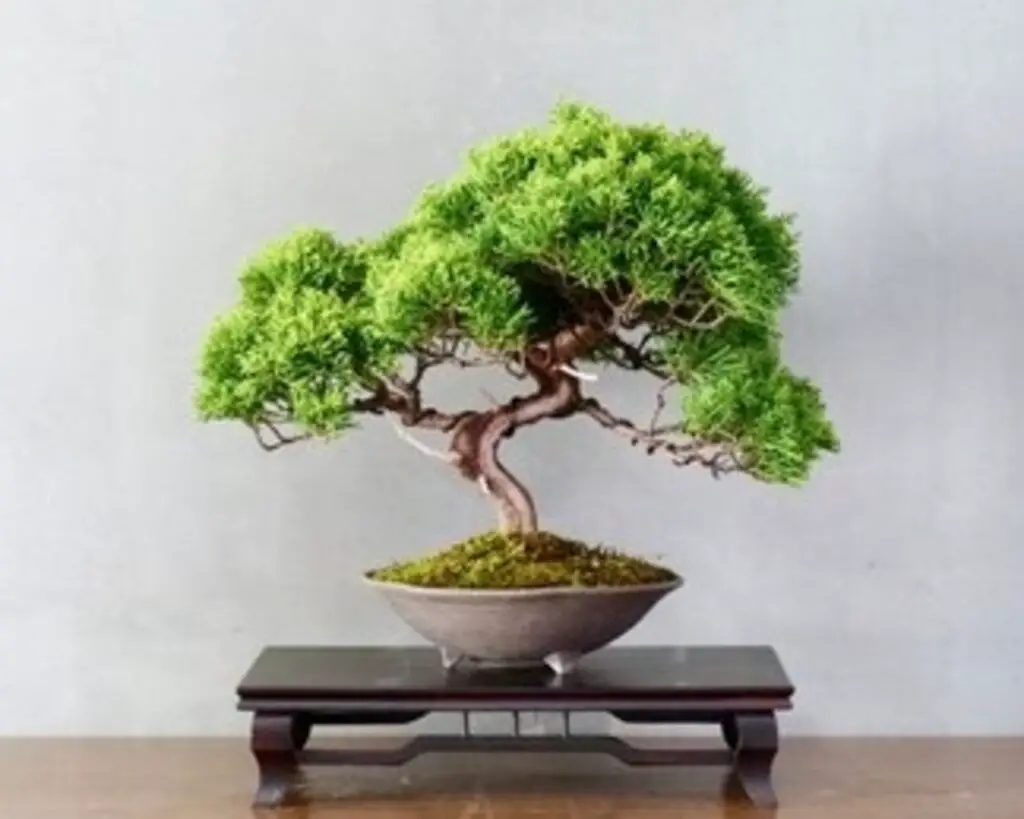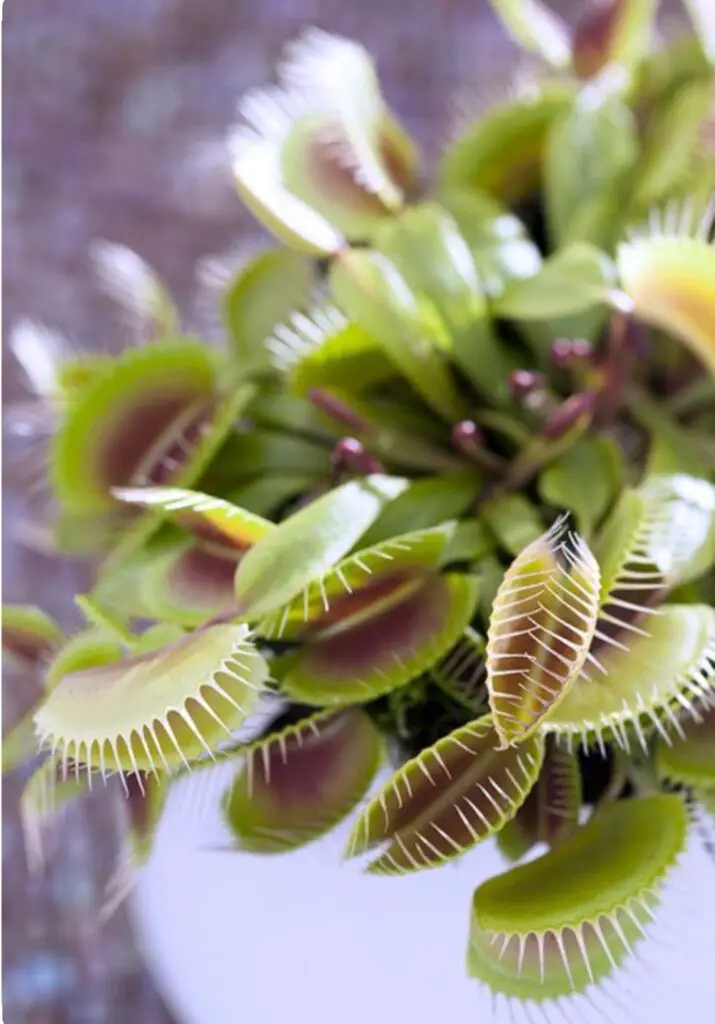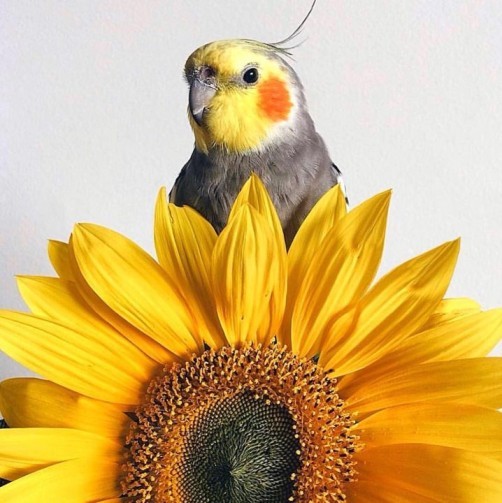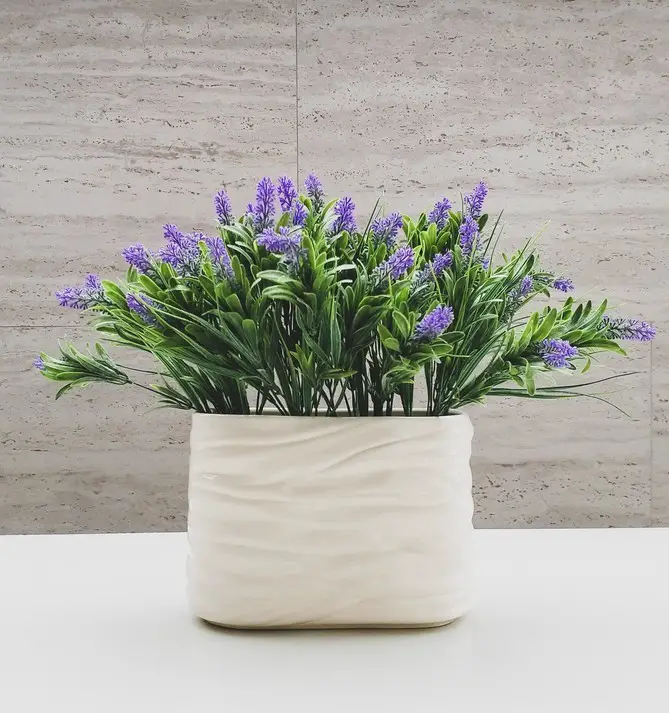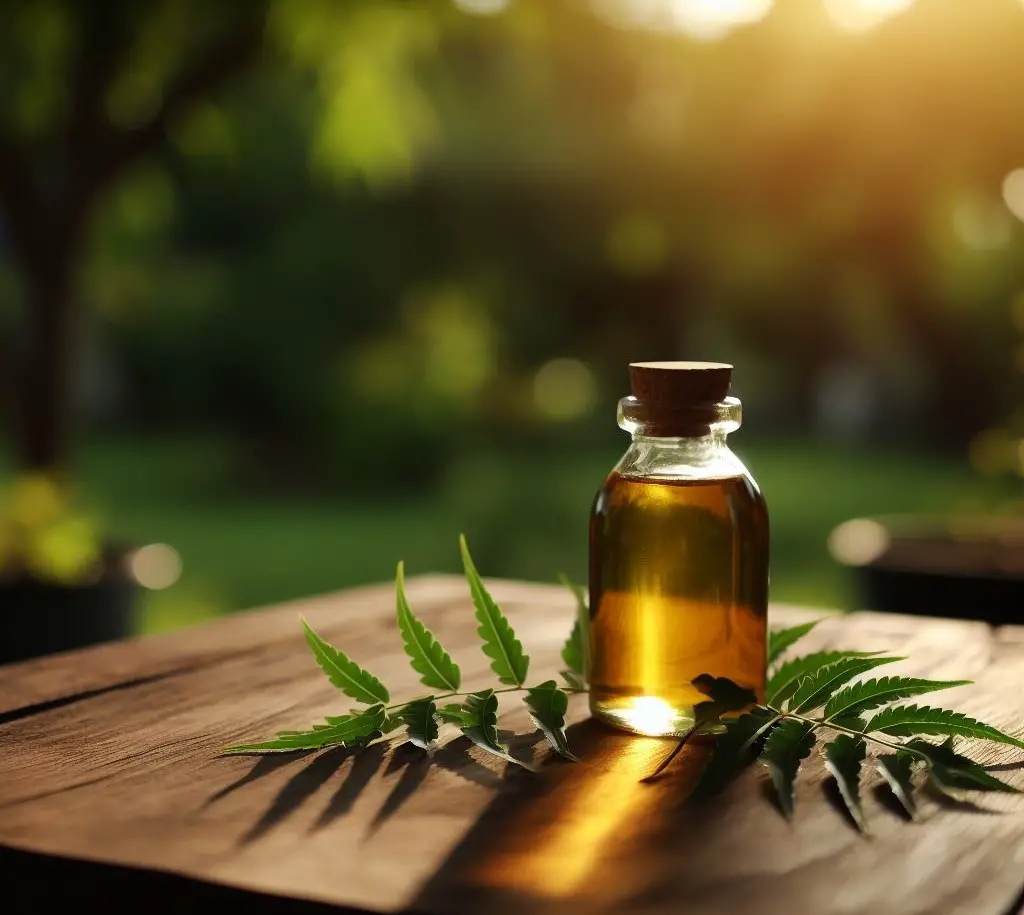
Neem oil is a popular organic pesticide and plant treatment that has been used for centuries. It is derived from the seeds of the neem tree (Azadirachta indica) and is known for its insecticidal and fungicidal properties.
However, there is some confusion and concern about whether neem oil can actually harm plants. In this article, we will explore the effects of neem oil on plants and provide you with accurate information to help you decide whether you should use neem oil in your garden or not.
Understanding Neem Oil
Neem oil contains several active compounds, including azadirachtin, which is responsible for its insecticidal properties. It works by disrupting the feeding and reproductive systems of insects, making it an effective natural pesticide. Neem oil also has antifungal properties, making it useful for controlling fungal diseases in plants.
Benefits of Neem Oil for Plants
When used correctly, neem oil can provide several benefits for plants:
- Effective pest control: Neem oil is effective against a wide range of pests, including aphids, whiteflies, mealybugs, and spider mites.
- Fungal disease prevention: Neem oil can help prevent and control fungal diseases such as powdery mildew, black spots, and rust.
- Safe for beneficial insects: Unlike synthetic pesticides, neem oil is less harmful to beneficial insects such as bees and ladybugs.
- Organic and environmentally friendly: Neem oil is derived from natural sources and breaks down quickly in the environment, making it a safer alternative to chemical pesticides.
I wrote a whole article about what you can do with neem oil and its benefits in detail. If you’re interested you can read it by clicking on this title: Neem Tree Benefits- Why You Should Start Planting Neem Trees
Potential Risks of Neem Oil
While neem oil is generally safe to use on plants, there are a few potential risks to be aware of:
- Phytotoxicity: Neem oil can cause phytotoxicity, which damages plant tissues. This is more likely to occur if the oil is applied in high concentrations or in hot weather.
- Sensitivity in certain plants: Some plants, particularly those in the Solanaceae family (such as tomatoes and peppers), may be more sensitive to neem oil. It is recommended to test a small area of the plant before applying neem oil to the entire plant.
- Timing of application: Neem oil is most effective when applied as a preventive measure or at the first signs of pest or disease infestation. It may not be as effective once the infestation is severe.
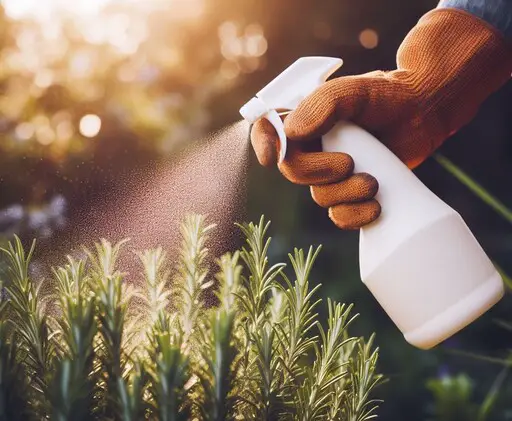
How to Use Neem Oil Safely
To ensure the safe and effective use of neem oil on your plants, follow these very simple guidelines:
- Dilute neem oil: Neem oil should be diluted according to the instructions on the product label. Using a higher concentration than recommended can increase the risk of phytotoxicity.
- Test on a small area: Before applying neem oil to the entire plant, test it on a small area to check for any reactions.
- Apply in the right conditions: Neem oil is best applied in the early morning or late evening when temperatures are cooler. Avoid applying it in direct sunlight or during hot weather.
- Follow the recommended frequency: Neem oil may need to be reapplied every 7-14 days, depending on the severity of the pest or disease problem.
- Use protective clothing: When applying neem oil, wear protective clothing, including gloves and goggles, to avoid skin and eye irritation.
Frequently Asked Questions
1. Can neem oil kill all types of pests?
Neem oil is effective against a wide range of pests, but it may not be equally effective against all types. Some pests may develop resistance to neem oil over time. It is always a good idea to identify the specific pest you are dealing with and research the most effective treatment options.
2. Can neem oil be used on edible plants?
Yes, neem oil can be used on edible plants. However, it is important to follow the recommended application guidelines and wash the produce thoroughly before consuming.
3. Can neem oil be used on indoor plants?
Yes, neem oil can be used on indoor plants. However, it is important to apply it in a well-ventilated area to avoid inhaling the oil. It is also recommended to test it on a small area of the plant first to check for any adverse reactions.
4. Can neem oil be used as a soil drench?
Yes, neem oil can be used as a soil drench to control soil-borne pests and diseases. Dilute the neem oil according to the instructions and water the soil thoroughly with the solution.
Additional Tips for Using Neem Oil
Here are some additional tips to help you make the most of neem oil in your garden:
- Apply neem oil in the early morning or late evening when bees and other beneficial insects are less active.
- Store neem oil in a cool, dark place to maintain its effectiveness.
- Avoid using neem oil on plants that are stressed or already damaged, as it may further harm them.
- Combine neem oil with other organic pest control methods, such as companion planting and proper garden hygiene.
Conclusion
Neem oil can be a valuable product in organic gardening, providing effective pest control and disease prevention. While there are potential risks associated with its use, following the recommended guidelines and using it responsibly can help minimize any negative effects on plants.
Note: Remember to always read and follow the instructions on the product label and test on a small area before applying neem oil to your plants. With proper use, neem oil can be a safe and effective addition to your plant care routine.
I hope this information was helpful! If you want to know more about plants, please join our free weekly newsletter and follow our social platform:

